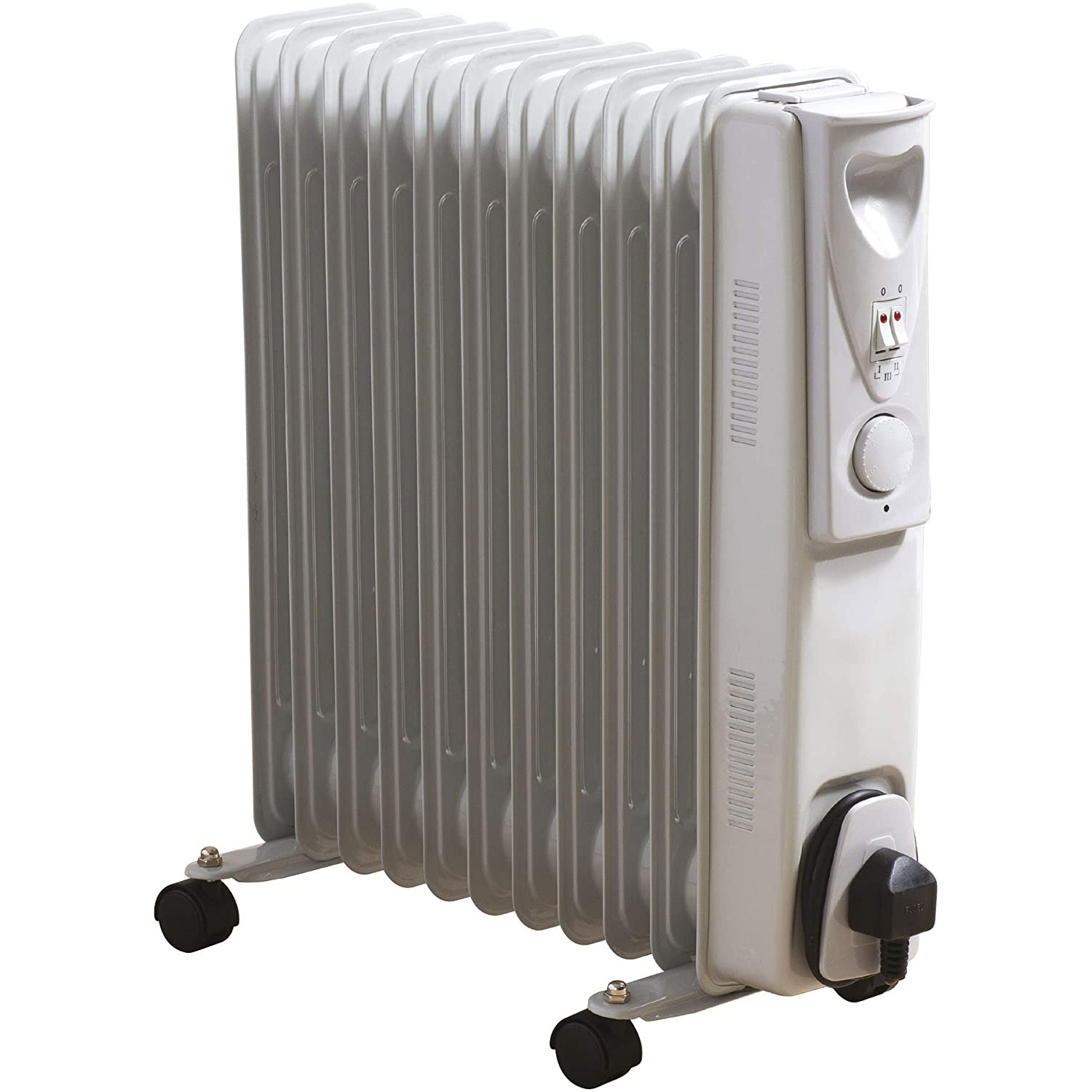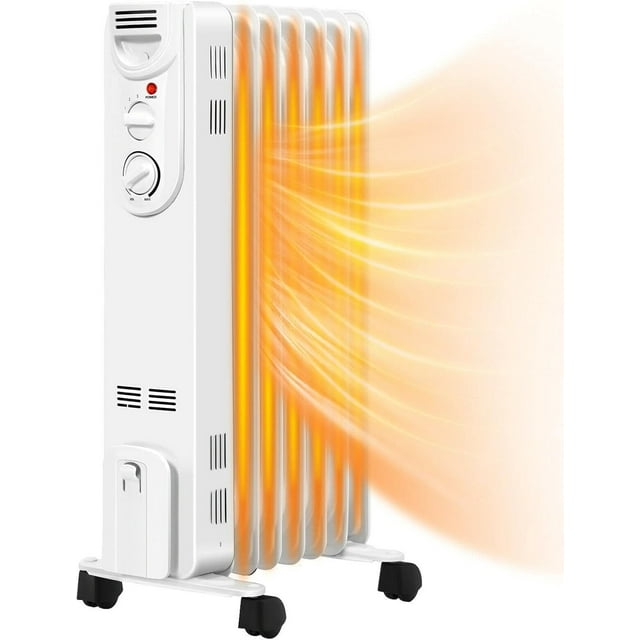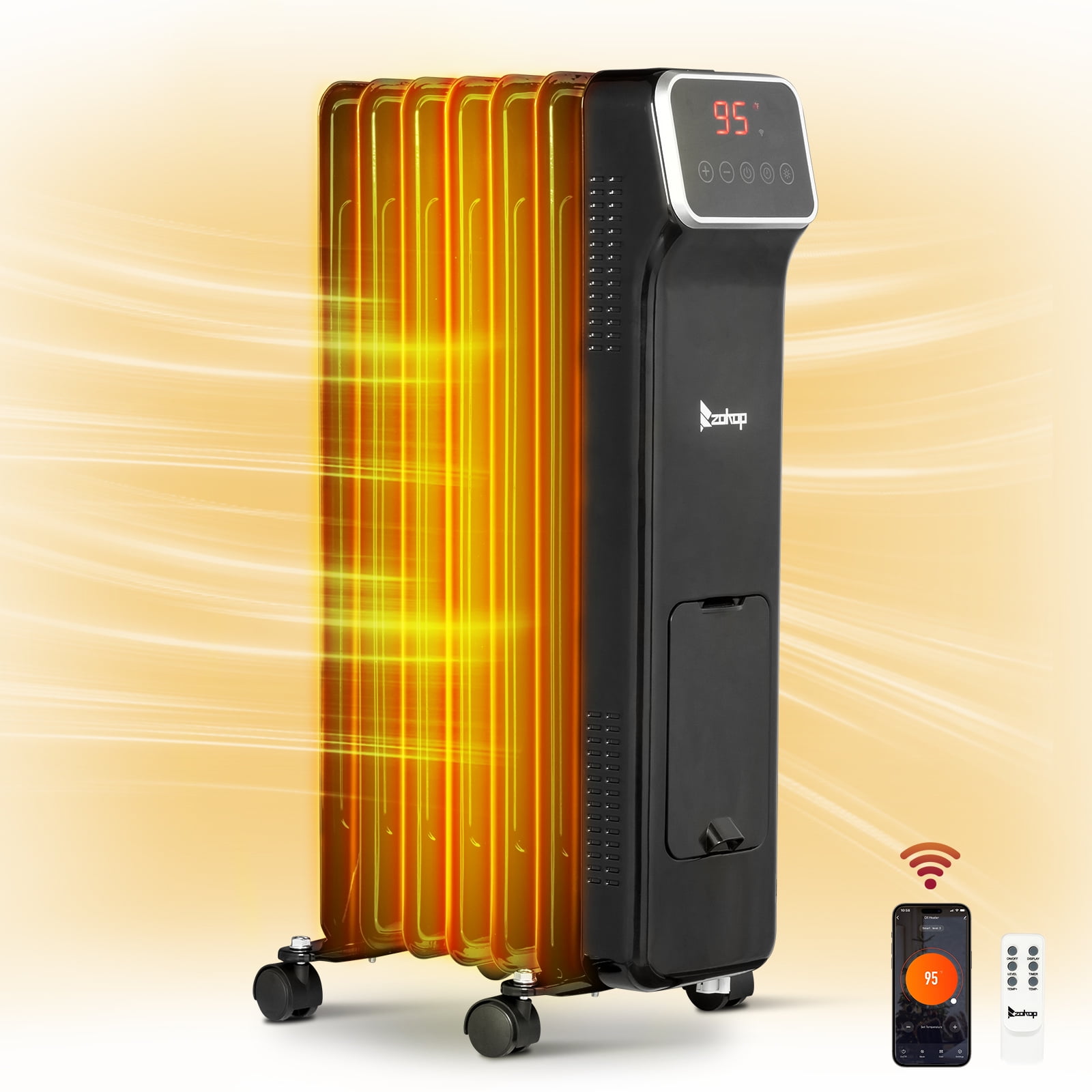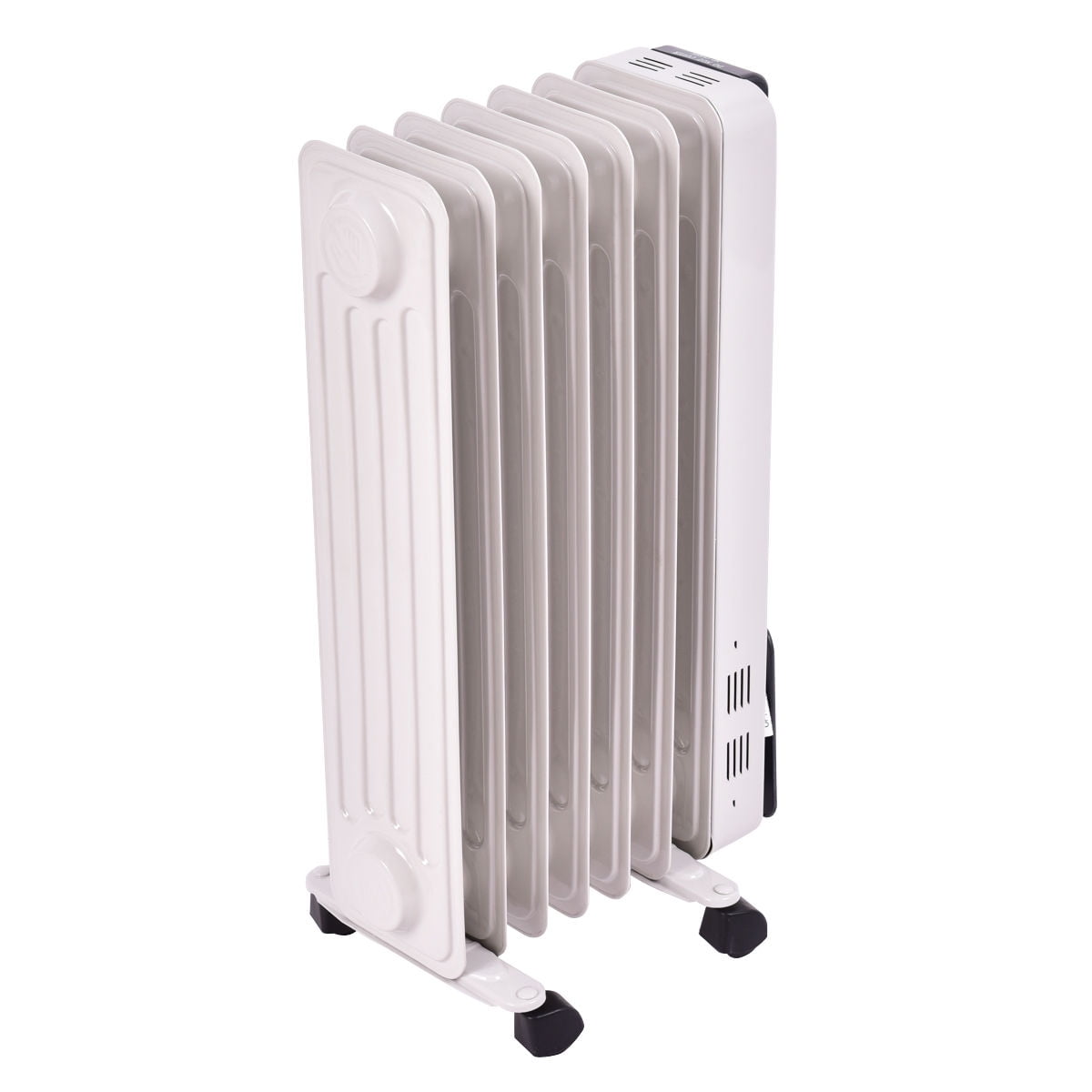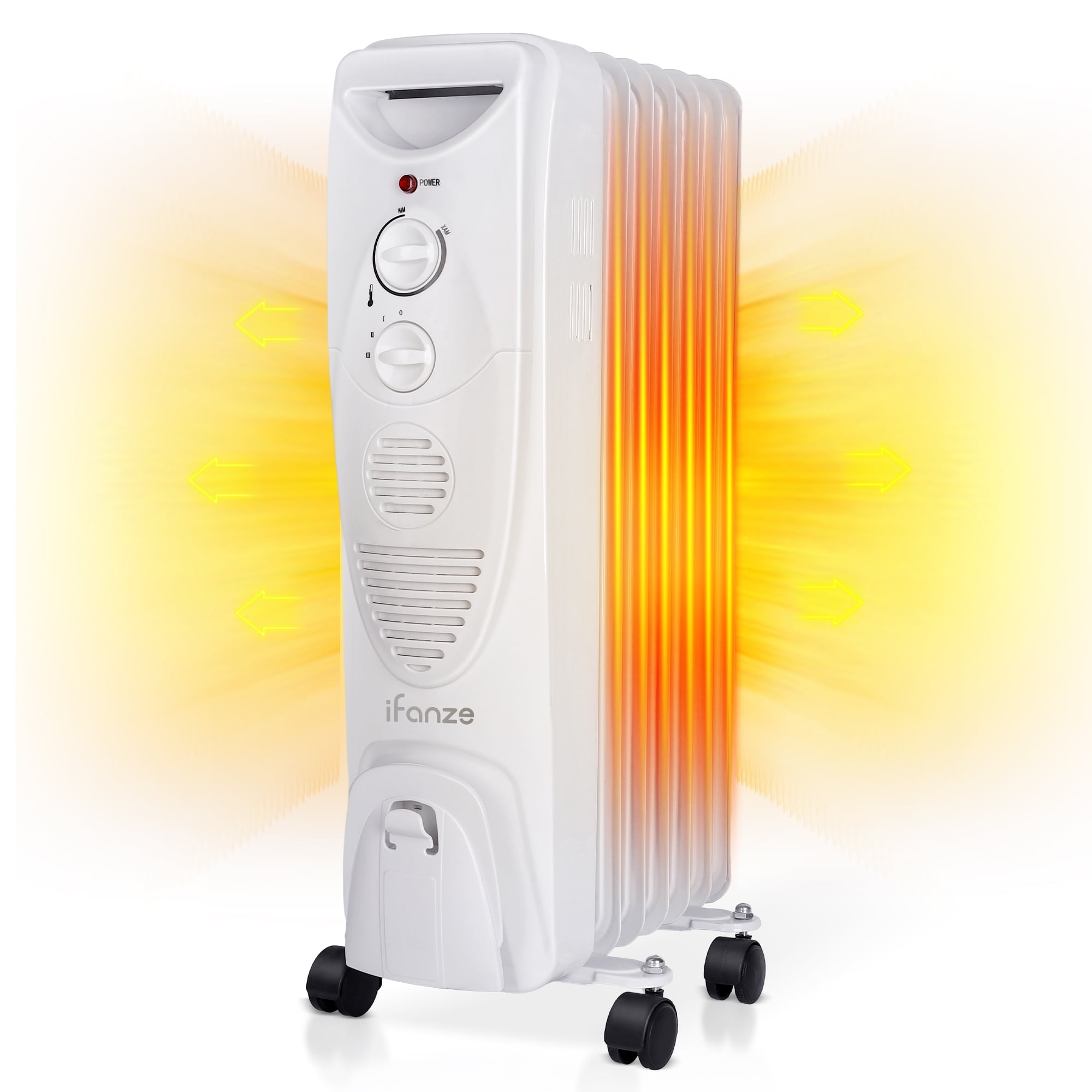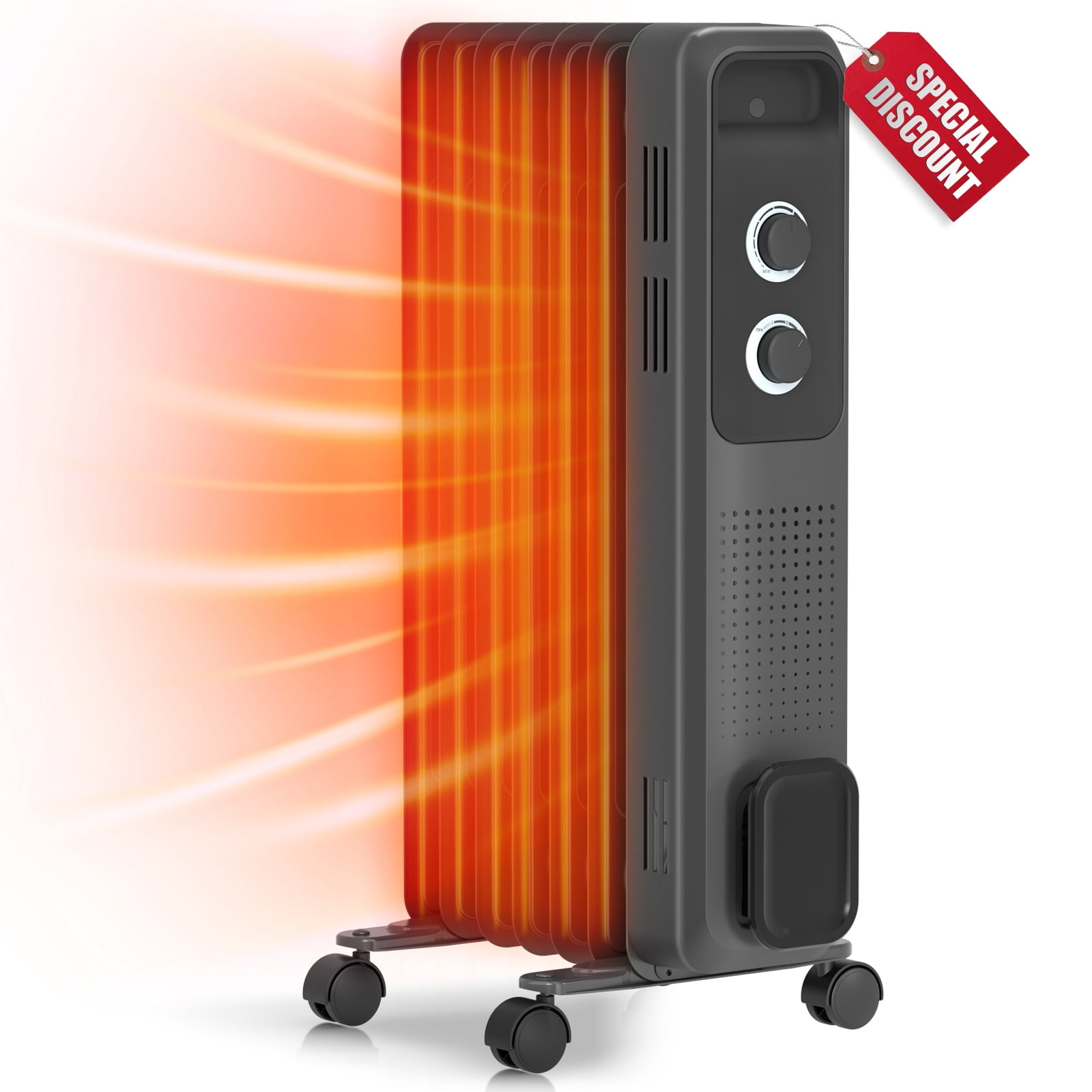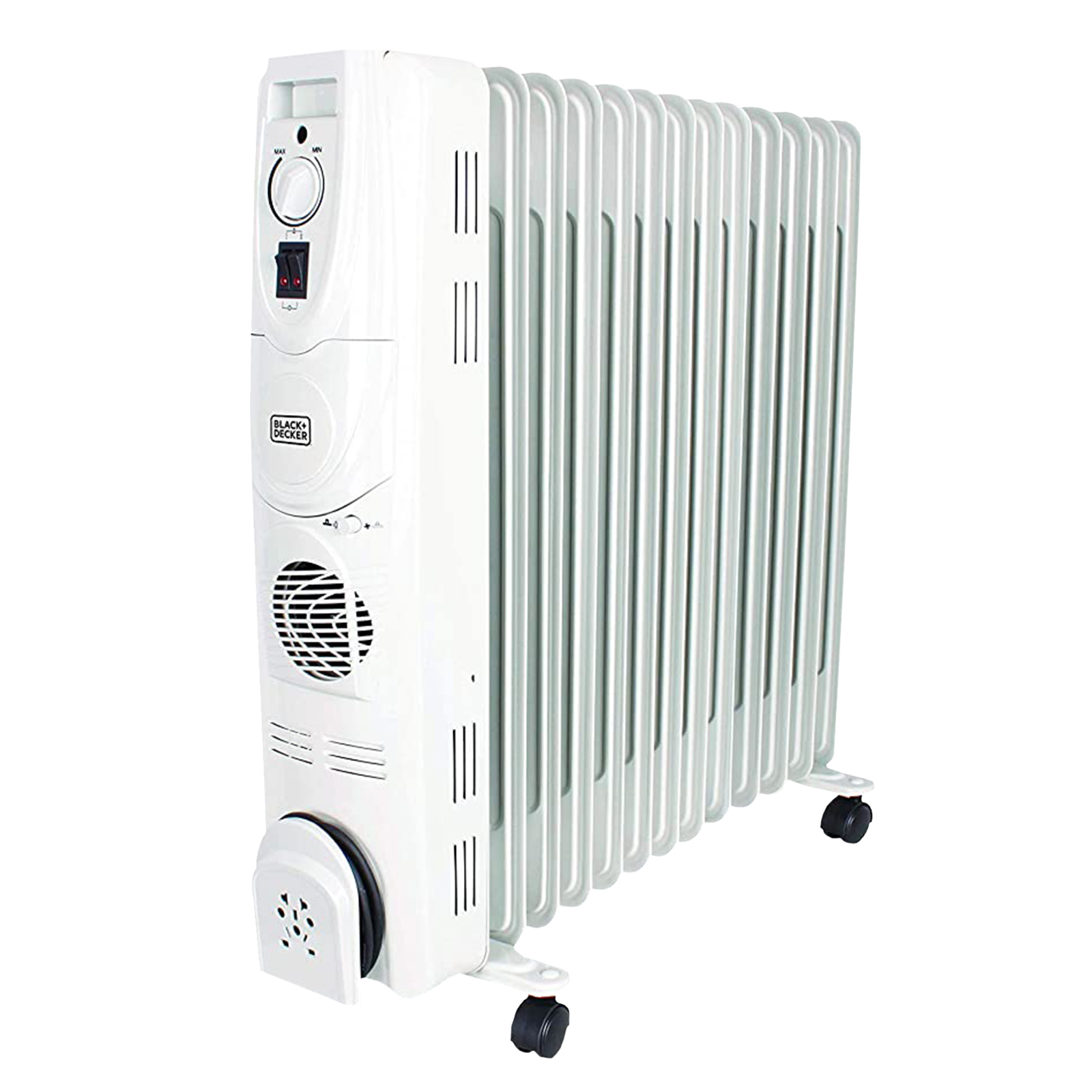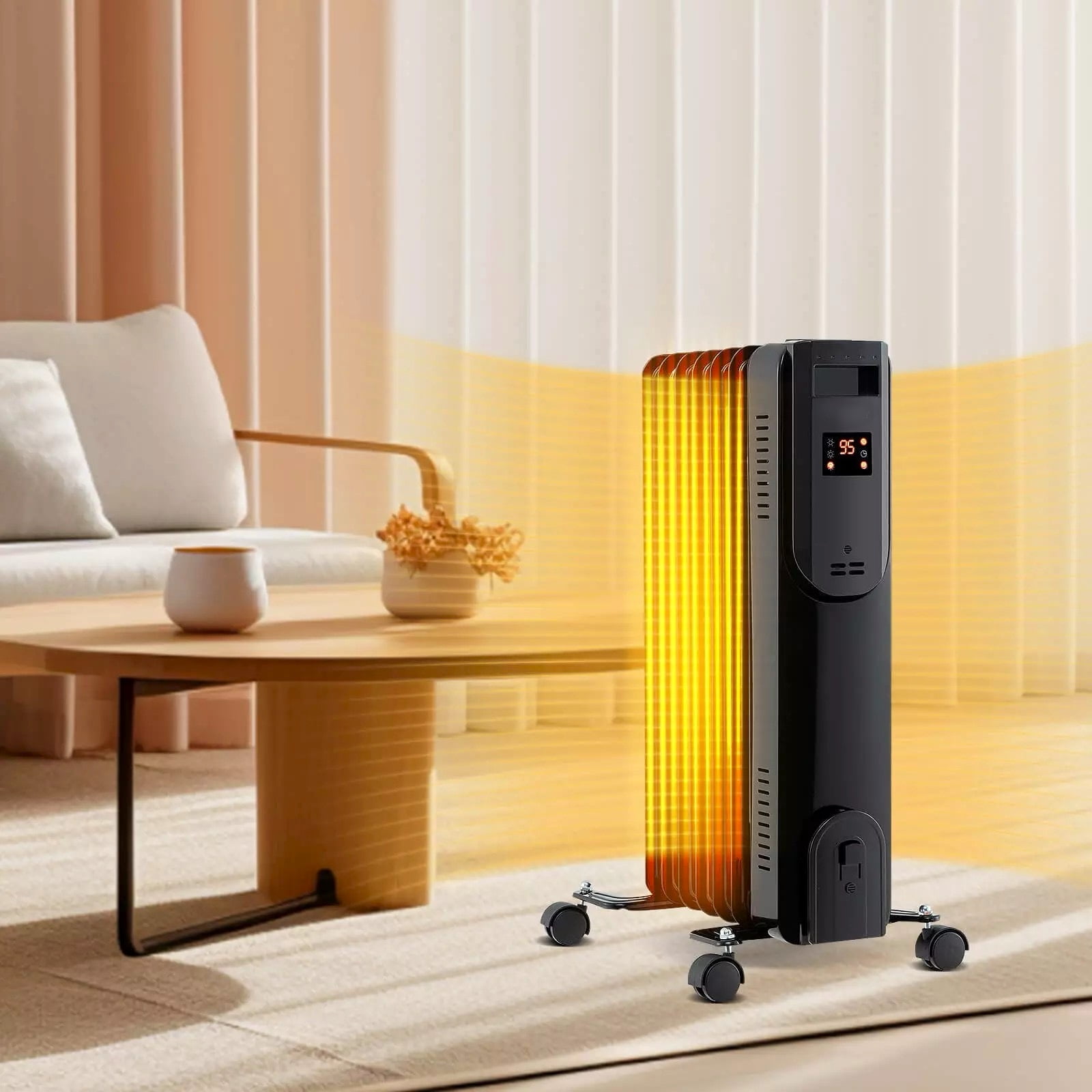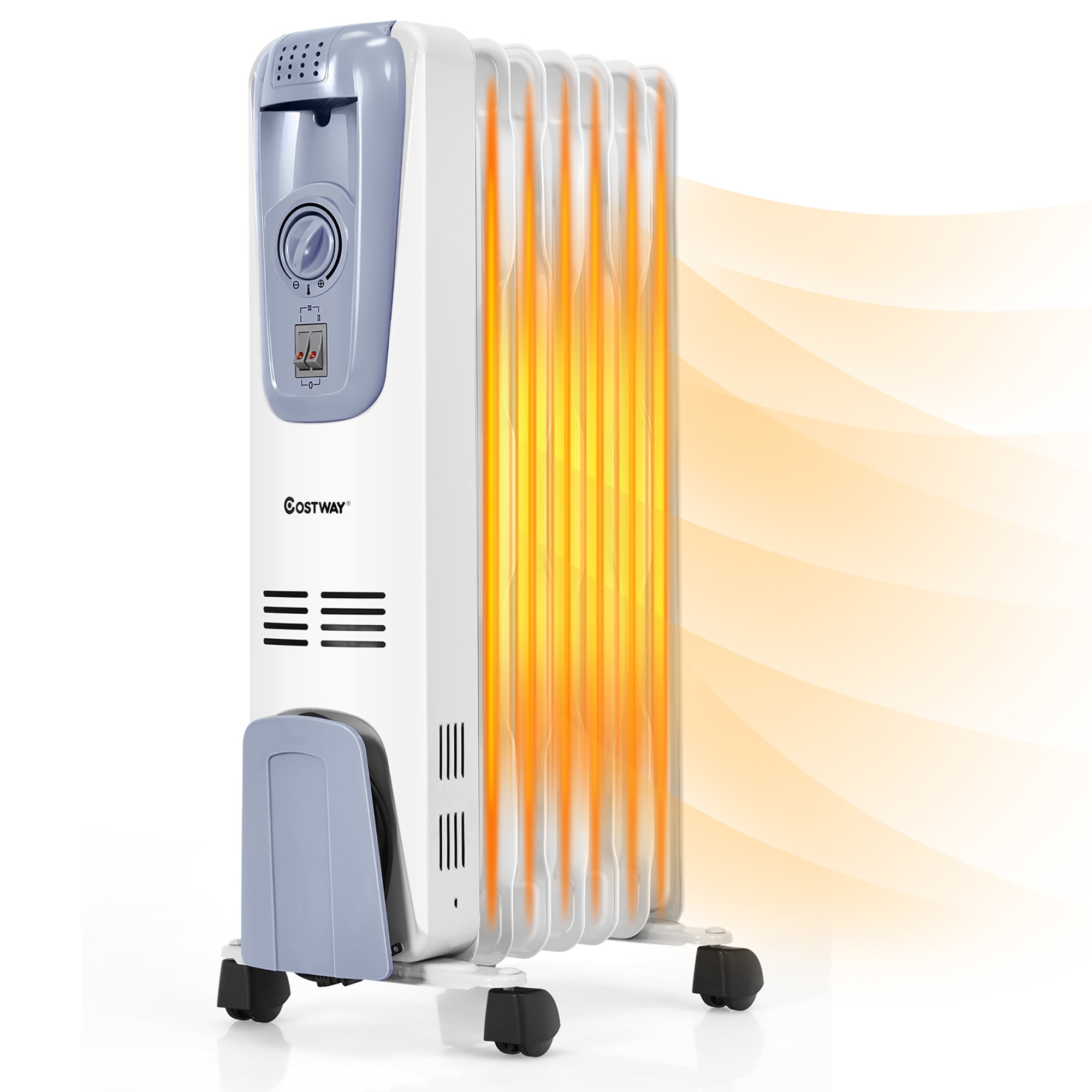Oil Filled Radiator Heater With Thermostat
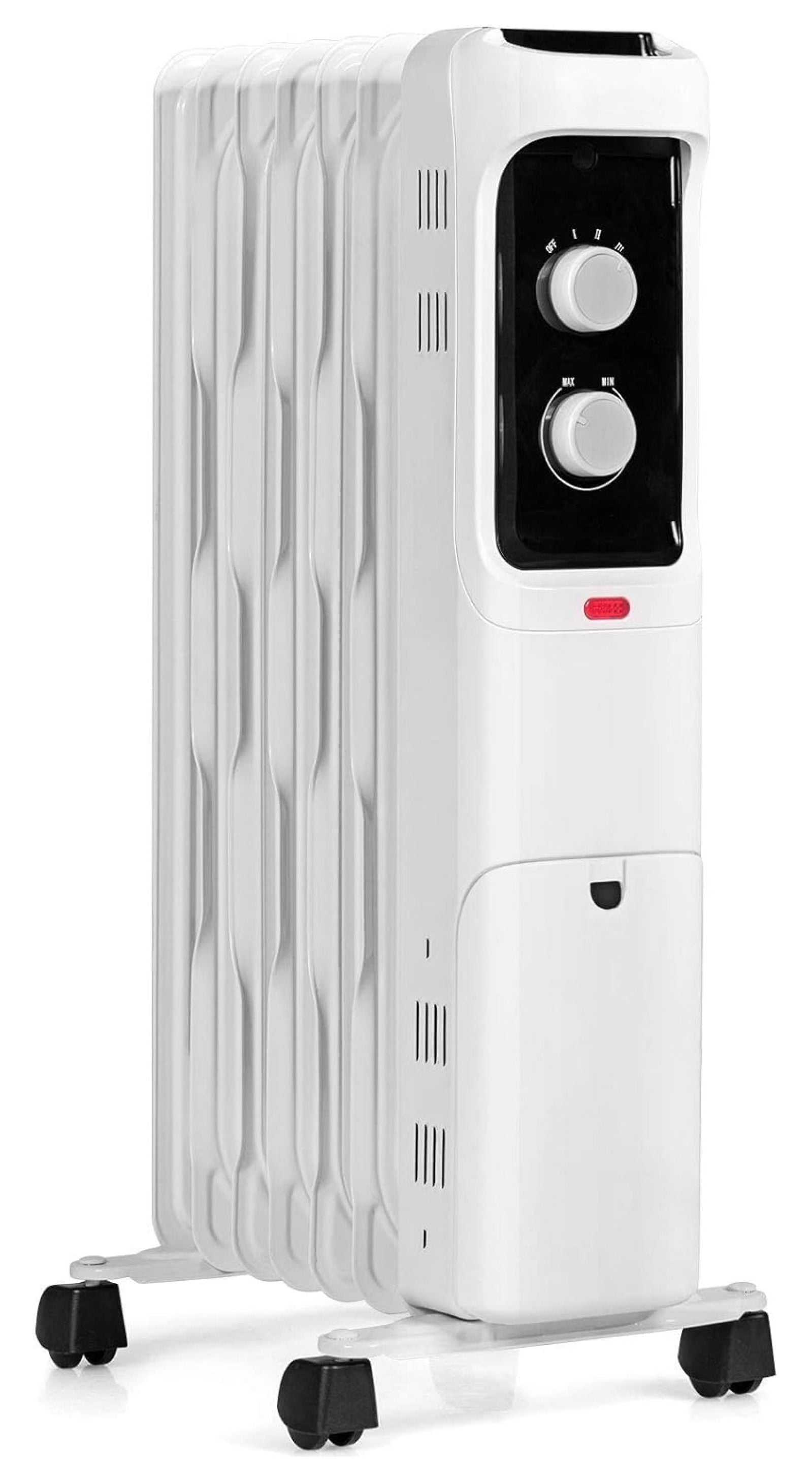
As winter approaches and energy costs remain a concern for many households, oil-filled radiator heaters with thermostats are seeing a resurgence in popularity as a supplemental heating solution. These portable and relatively affordable devices offer a way to target heat to specific rooms, potentially reducing overall energy consumption and utility bills. But how efficient are they, and what should consumers consider before purchasing one?
This article explores the features, benefits, and limitations of oil-filled radiator heaters with thermostats, examining their performance, safety considerations, and the economic factors driving their increased adoption.
What is an Oil-Filled Radiator Heater?
Oil-filled radiator heaters, also known as oil-filled space heaters, are electric resistance heaters that use diathermic oil as a heat reservoir. The electric element heats the oil, which then radiates heat into the surrounding environment. The thermostat controls the electricity input to maintain a set temperature, turning the element on and off as needed.
This type of heater offers a few key advantages over other space heaters, including quieter operation and more even heat distribution.
Key Features and Benefits
One of the primary appeals of oil-filled radiator heaters is their silent operation, a marked contrast to the fan-forced noise of other space heaters. This makes them suitable for bedrooms, offices, and other spaces where quiet is valued.
The radiant heat they produce is also generally perceived as more comfortable than the direct, blowing heat of a fan heater. Most models come equipped with adjustable thermostats and multiple heat settings, allowing users to customize the temperature to their liking.
Many modern oil-filled radiator heaters also include safety features such as tip-over switches and overheat protection, adding an extra layer of security.
Efficiency and Cost Considerations
While oil-filled radiator heaters are relatively energy-efficient compared to some older space heater technologies, they are not a replacement for central heating systems in terms of overall energy conservation. The U.S. Department of Energy notes that supplemental heating can save energy if used correctly, but it's essential to understand the power consumption of the device.
An oil-filled radiator typically draws between 700 and 1500 watts, depending on the heat setting. Consumers should calculate the estimated cost of operation based on their local electricity rates to determine if it is a cost-effective solution for their needs.
However, strategically heating only the rooms being used can potentially lower the overall heating bill during colder months. Initial cost for these heaters can range from $50 to $150, depending on the size, features, and brand.
Safety Precautions
Although modern oil-filled radiator heaters come with safety features, it’s still crucial to follow safety guidelines to prevent accidents. Never leave a heater unattended, especially around children or pets.
Keep flammable materials such as curtains, bedding, and furniture at least three feet away from the heater. Furthermore, always plug the heater directly into a wall outlet and avoid using extension cords, which can pose a fire hazard. Always inspect the heater for any damage before use.
According to the Consumer Product Safety Commission (CPSC), regularly cleaning the heater to remove dust and debris can also prevent overheating and ensure safe operation.
The Human Element: Staying Warm on a Budget
For individuals and families on a tight budget, oil-filled radiator heaters can be a lifeline during the winter months. Sarah Miller, a single mother of two, shared her experience. “Last winter, our furnace broke down, and we couldn’t afford to repair it immediately. An oil-filled radiator heater kept my children warm in their bedrooms until we could get the repairs done. It was a real lifesaver.”
Stories like Miller's highlight the practical role these heaters play in ensuring comfort and safety during periods of financial hardship or unexpected heating system failures.
The Future of Supplemental Heating
As technology advances, newer models of oil-filled radiator heaters are incorporating smart features such as Wi-Fi connectivity and app control. This allows users to remotely adjust temperature settings and monitor energy usage, further enhancing convenience and energy efficiency.
While oil-filled radiator heaters are not a perfect solution for every situation, their combination of silent operation, radiant heat, and safety features makes them a popular and valuable tool for supplemental heating in many households.
Consumers are encouraged to research different models, compare features, and prioritize safety when selecting an oil-filled radiator heater. Consider factors such as room size, energy costs, and individual heating needs to make an informed decision and stay warm and comfortable throughout the winter season.




